The Ultimate Guide to Descaling Your Kettle
The Ultimate Guide to Descaling Your Kettle
Limescale is a persistent problem in many homes, and the chalky buildup inside your kettle can be frustrating. This residue not only makes your kettle look unsightly but also affects its performance and the taste of your favourite hot drinks. Care+Protect is your trusted and professional partner in home appliance care. We understand this headache and are dedicated to providing effective, professional solutions that make home maintenance easier and your appliances last longer. This guide will provide a comprehensive look at what limescale is, why it's a problem, and how a quality descaler can keep your kettle and coffee machine working efficiently.

Why You Need to Descale Your Kettle
Limescale is the result of hard water, which is a widespread issue across the UK. It is caused by a high concentration of minerals, particularly calcium and magnesium, that are left behind when water evaporates. According to data, around 60% of the UK, or 13 million households, live in a hard water area. The prevalence of hard water is primarily due to the underlying geology of regions with limestone and chalk bedrock, especially in the South and East of England.
Beyond the visible white, chalky residue, limescale can have serious and costly consequences for your kettle's performance and your energy bills.
-
Reduced Efficiency: The mineral deposits act as an insulator, forcing your kettle to work harder and longer to heat water. A layer of limescale as thin as 1mm can increase energy consumption by 7-10%.
-
Increased Energy Bills: This reduced efficiency leads to higher energy usage, which can add an estimated £150-£300 to a typical household's annual energy bills.
-
Appliance Damage: Over time, the buildup can damage the heating element and other internal components, leading to costly repairs or a shorter lifespan for your appliance.
-
Unpleasant Taste: The minerals in hard water can affect the flavour of your beverages, leaving a flat or chalky taste that detracts from a good cup of tea or coffee.
The Right Way to Descale with a Descaler
Using a professional descaler, whether in liquid or powder form, is the most effective and convenient way to tackle limescale. These products are specifically formulated to safely dissolve mineral buildup without the need for harsh scrubbing.
Here is a simple, step-by-step guide to descaling your kettle with a professional descaler:
-
Preparation: Unplug the kettle from the wall and ensure it is empty. It's always a good idea to consult the descaler product's instructions for the correct dosage.
-
Add the Solution: Pour the recommended amount of descaler into the kettle, along with the specified amount of water.
-
Heat and Wait: Boil the kettle once. Once the descaler has been heated and has worked its magic, switch off the appliance and leave the solution to stand for the time recommended on the product packaging, usually around 30 minutes.
-
Rinse Thoroughly: After the descaling process is complete, empty the solution. Rinse the kettle thoroughly with fresh, clean water at least three to four times to remove any remaining residue and ensure the solution is completely gone before your next use.
Using a dedicated product provides a more reliable and efficient result than a DIY approach. It’s a professional-grade solution that gives your appliances the care they deserve.
Descaling Your Coffee Machine: For a Better Brew
While a kettle is a simple appliance, the impact of limescale on a coffee machine can be more complex. Left untreated, limescale can have a significant effect on the machine's performance and, most importantly, the taste of your coffee.
Here's how limescale can affect your coffee machine and the taste of your coffee:
-
Impact on Machine Performance:
-
Clogged Pipes: The most common issue is the clogging of the machine's internal pipes and heating elements. This restricts water flow, forcing the machine to strain harder to push water through, which can lead to permanent damage.
-
Reduced Water Temperature: Limescale on the heating element can prevent water from reaching the optimal brewing temperature. This results in under-extracted coffee that tastes weak, watery, or sour.
-
Longer Brewing Times: A machine struggling with limescale will take longer to brew a cup of coffee, affecting your morning routine and adding unnecessary minutes to your day.
-
Machine Malfunctions: Over time, the strain on the machine can lead to mechanical failure, resulting in costly repairs or the need for a premature replacement.
-
Impact on Coffee Taste:
-
Acidic or Sour Flavour: Since the water is not heated to the correct temperature, it cannot properly extract the flavour compounds from the coffee grounds. This leads to a thin, acidic, or sour flavour that can ruin a cup of coffee.
-
Weak Flavour: The mineral buildup can hinder the contact between the hot water and the coffee grounds, leading to a weak, bland flavour profile.
-
Chalky Residue: In some cases, tiny particles of limescale can break away and end up in your cup, leaving a chalky residue at the bottom that is unpleasant to consume.
A dedicated coffee machine descaler is specifically formulated to safely and effectively remove this buildup from a machine's delicate internal components, ensuring that every cup is brewed to perfection.
Conclusion: Make Appliance Care a Simple Routine
Maintaining your kettle and coffee machine doesn't have to be a chore. By regularly descaling, you are not only ensuring a better-tasting cup of coffee or tea but also extending the life of your appliances and making them more energy-efficient.
Care+Protect is your trusted and professional partner in this process. We offer a range of professional-grade products designed to make appliance care simple and effective. From kettle descalers to multi-purpose cleaners, our products are a one-stop solution for common household problems. By choosing our quality products, you are investing in the longevity of your appliances and a better, more efficient home. Explore our range of products today and give your appliances the care they deserve.
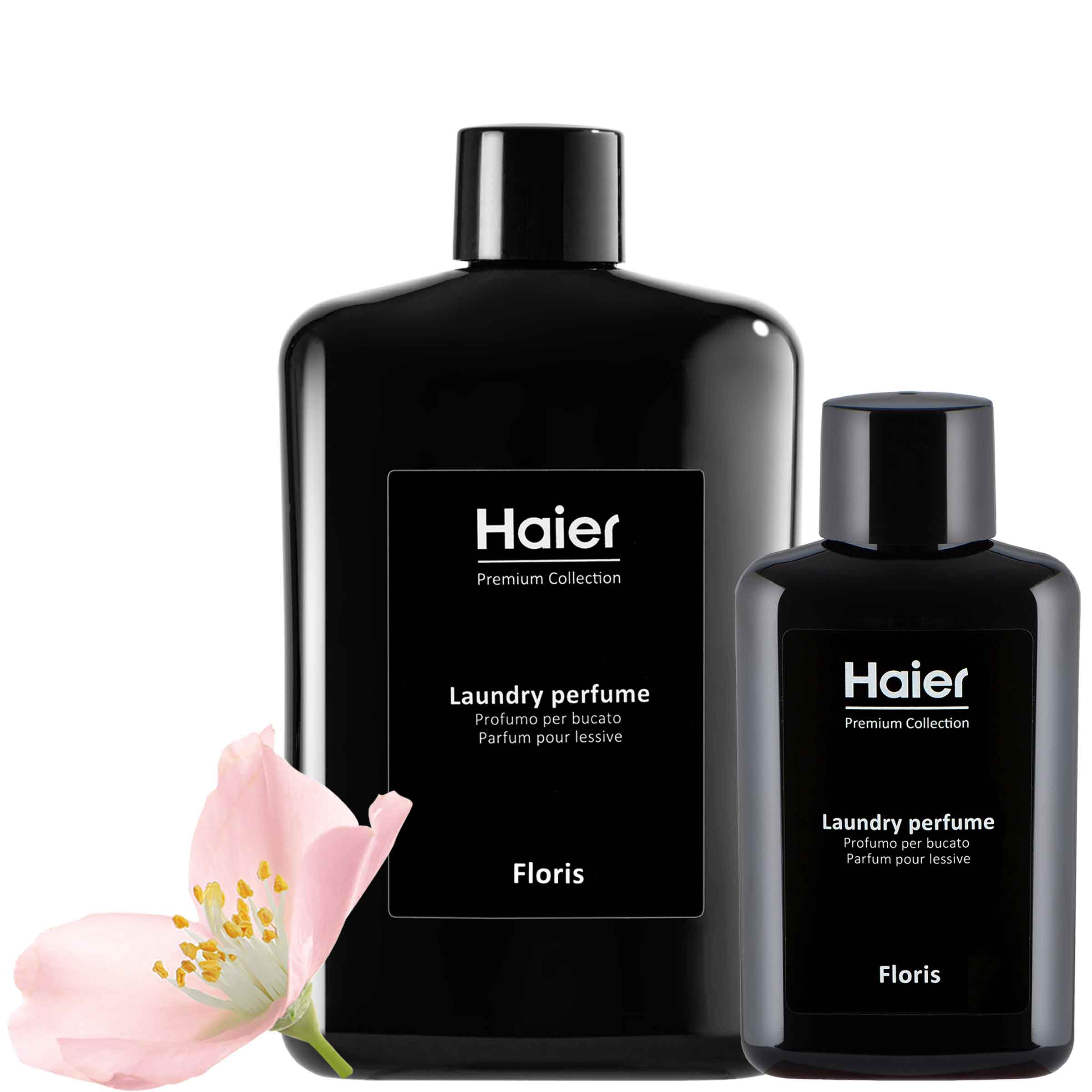
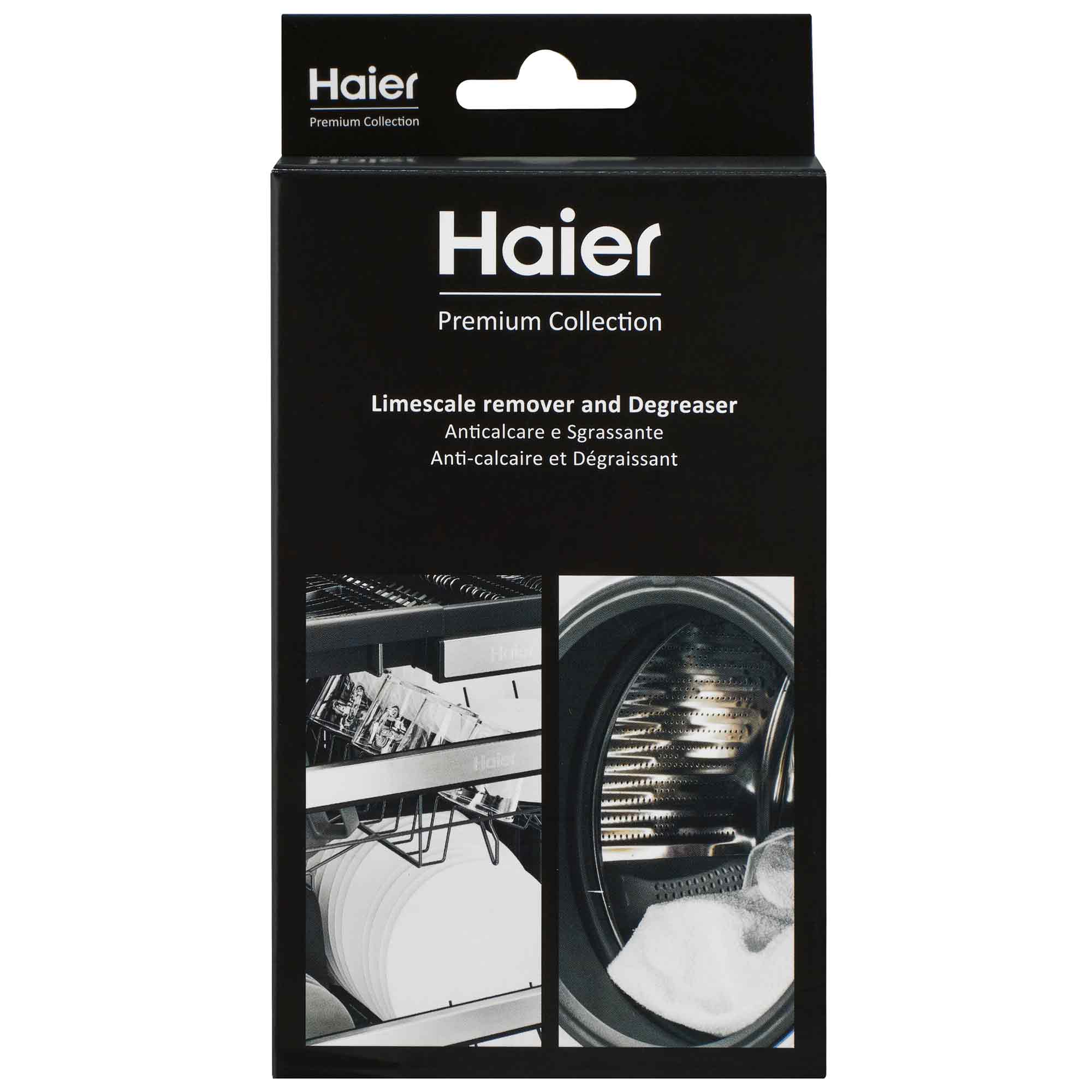
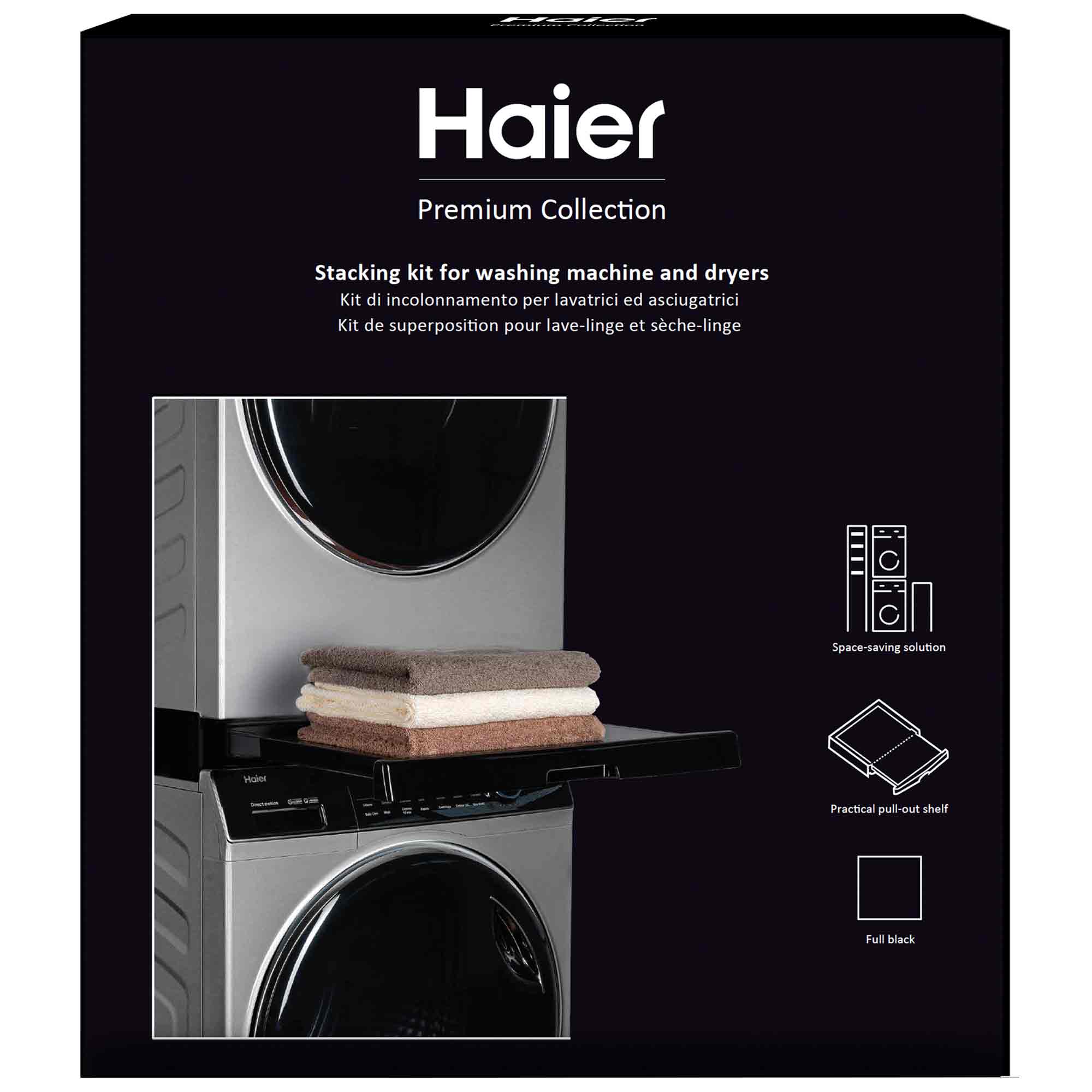
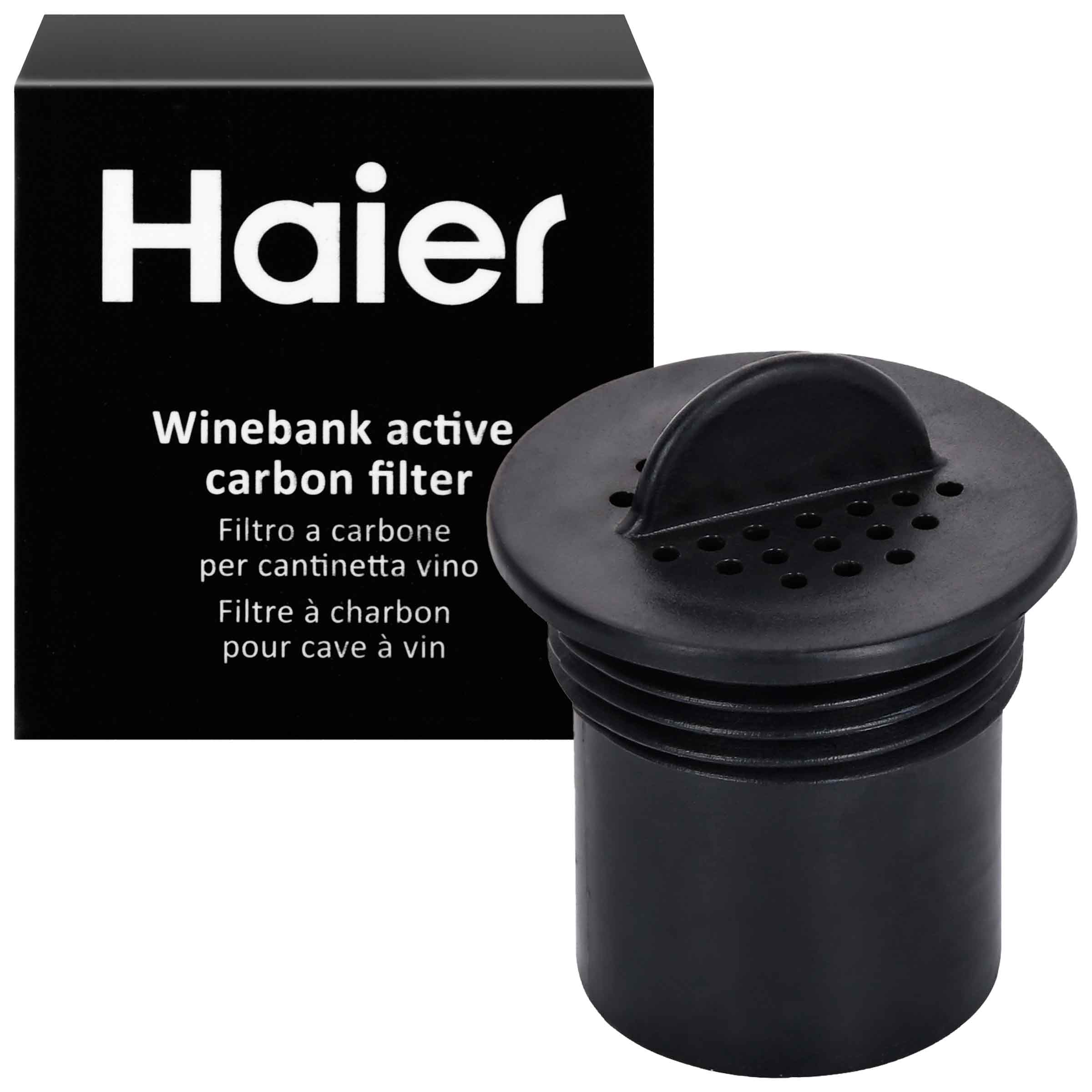
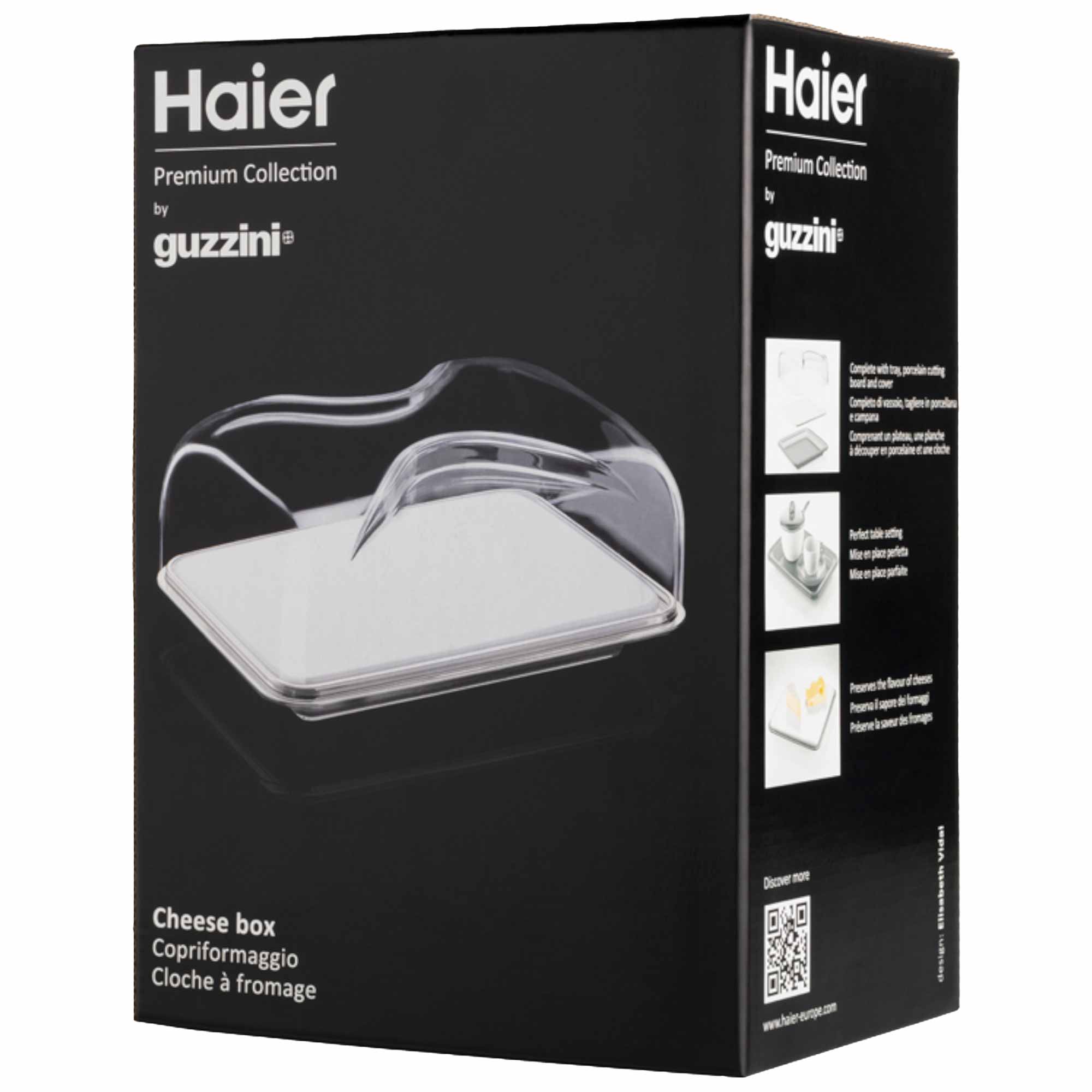
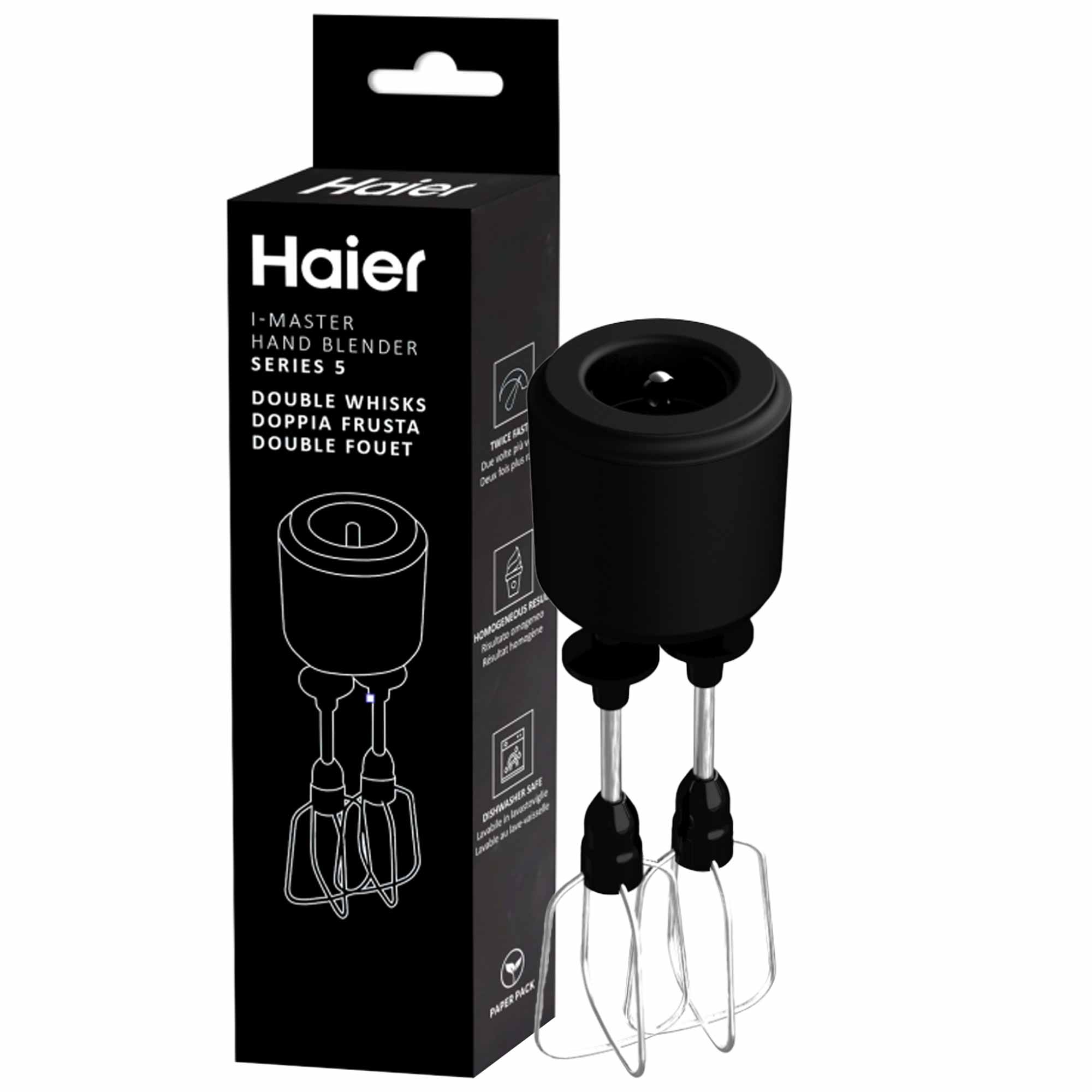
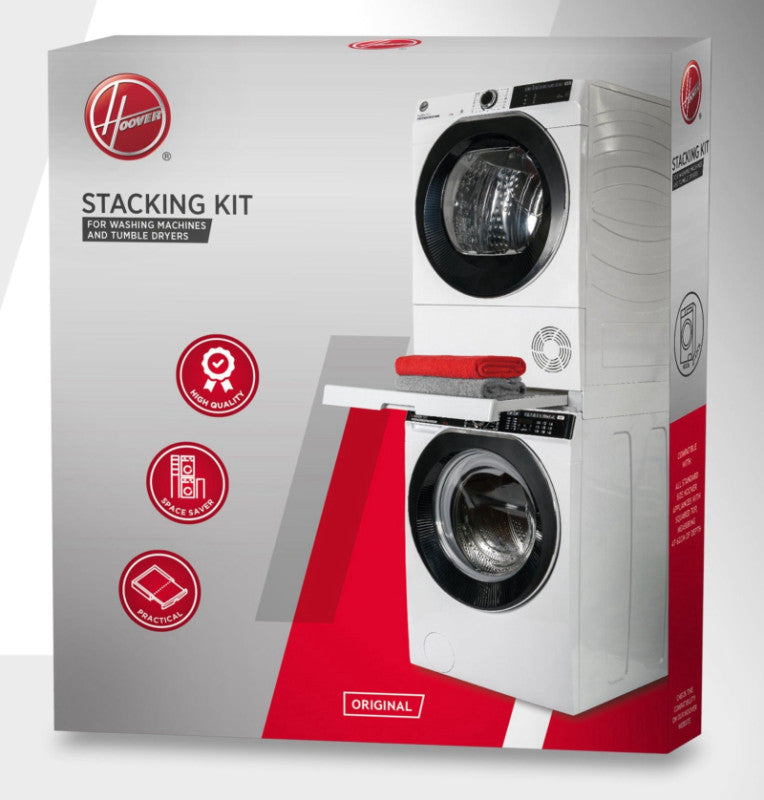
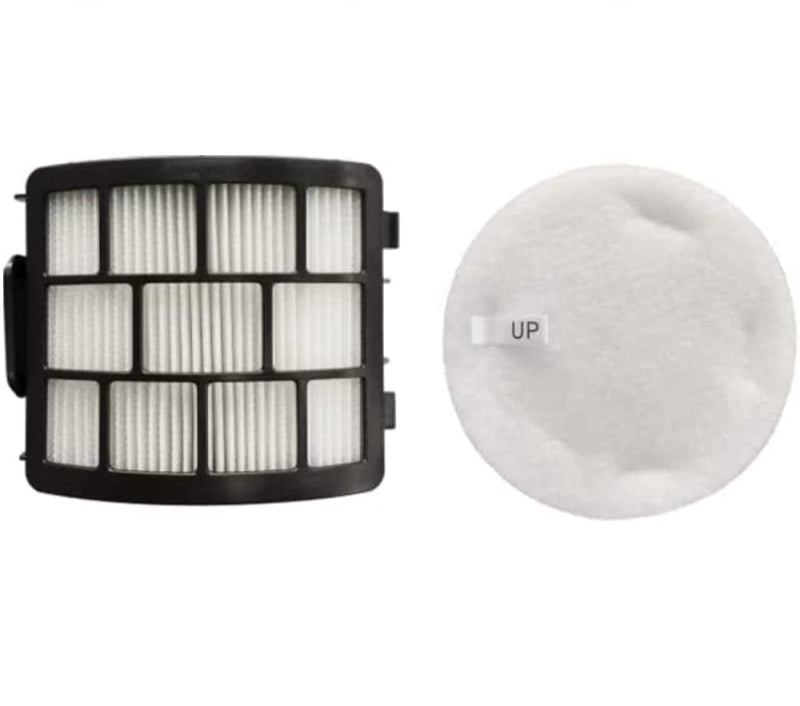
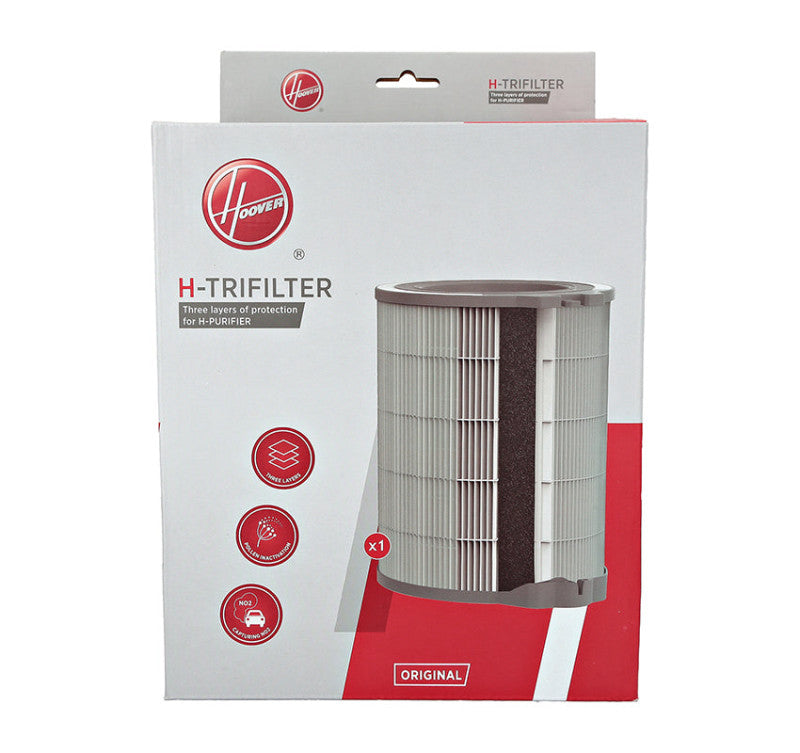
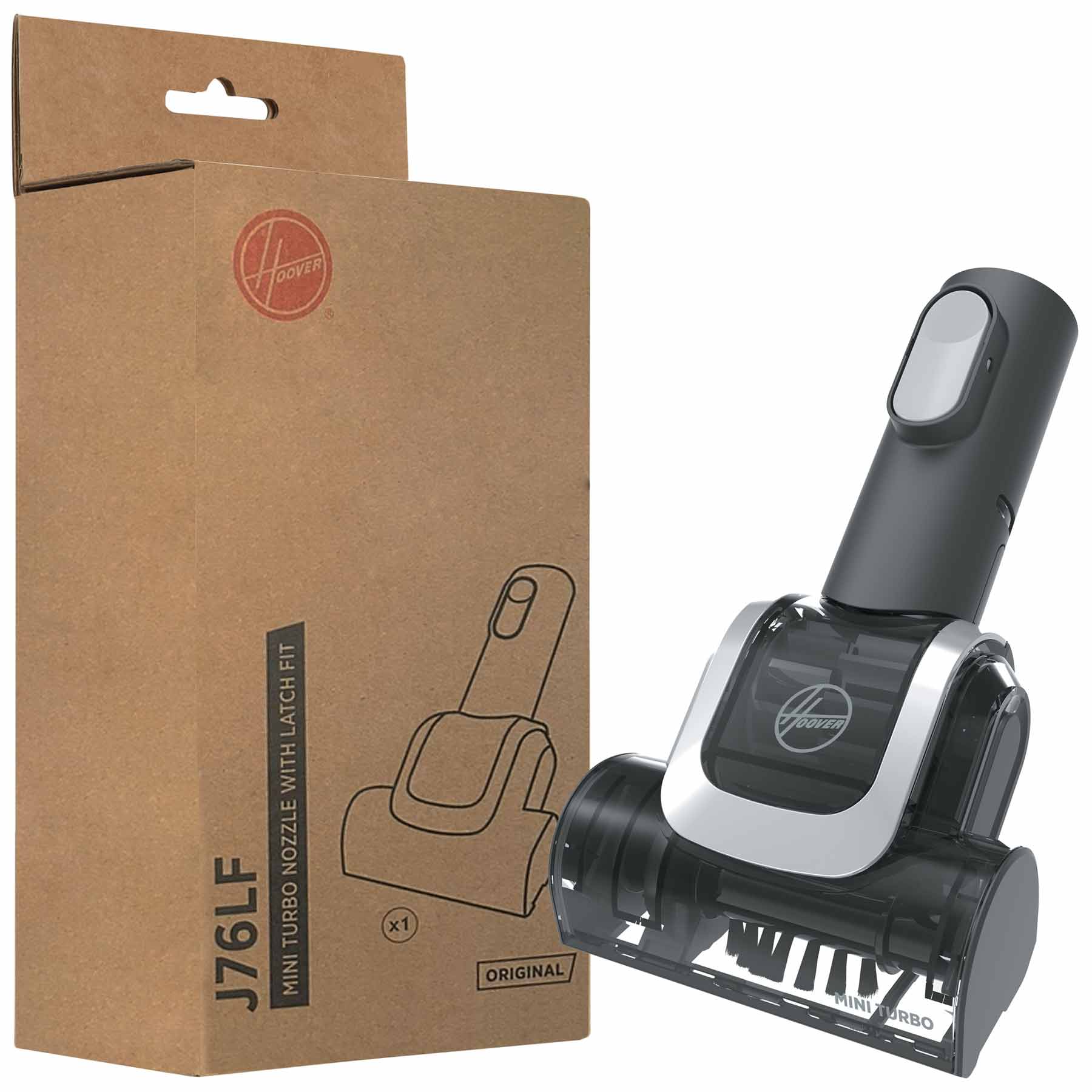

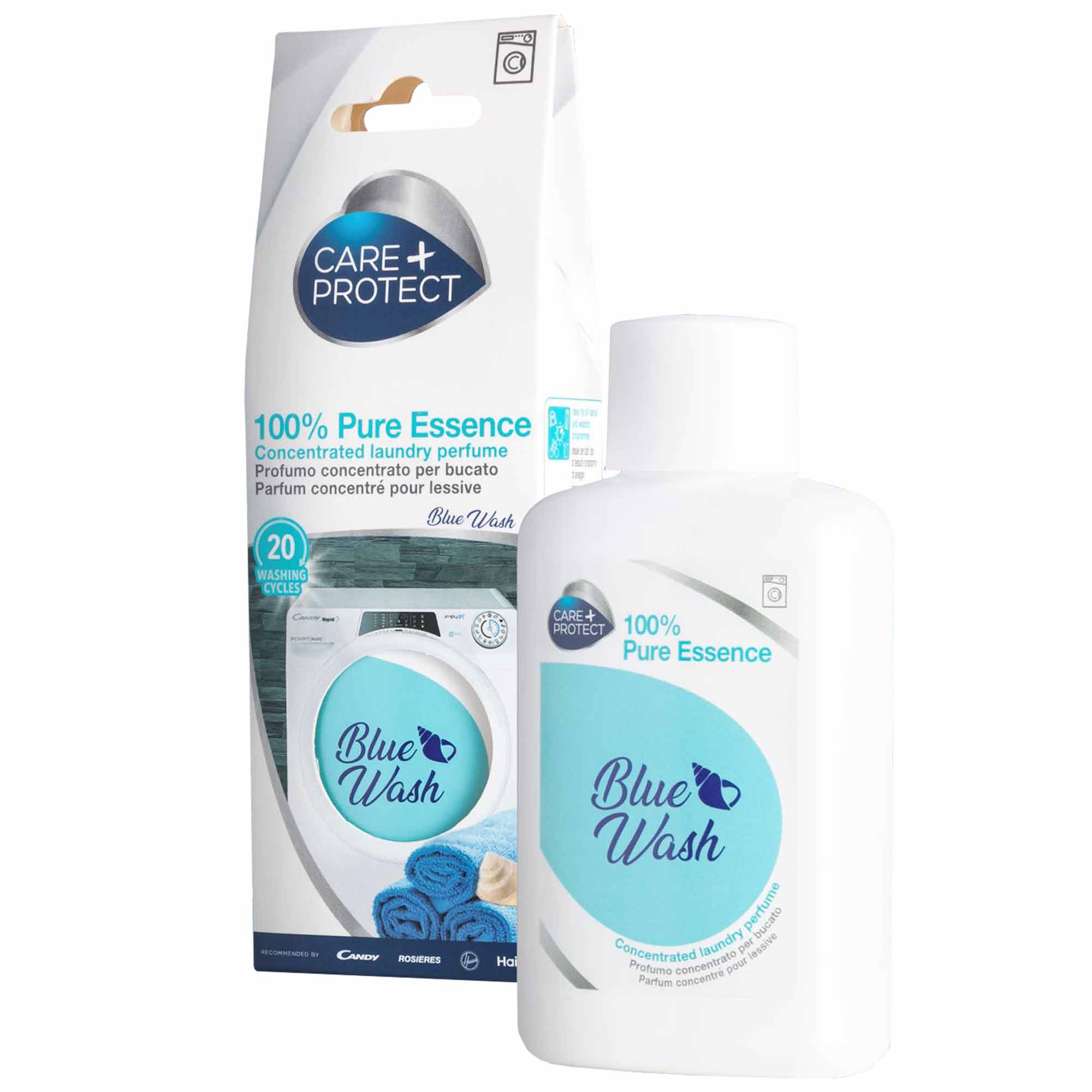
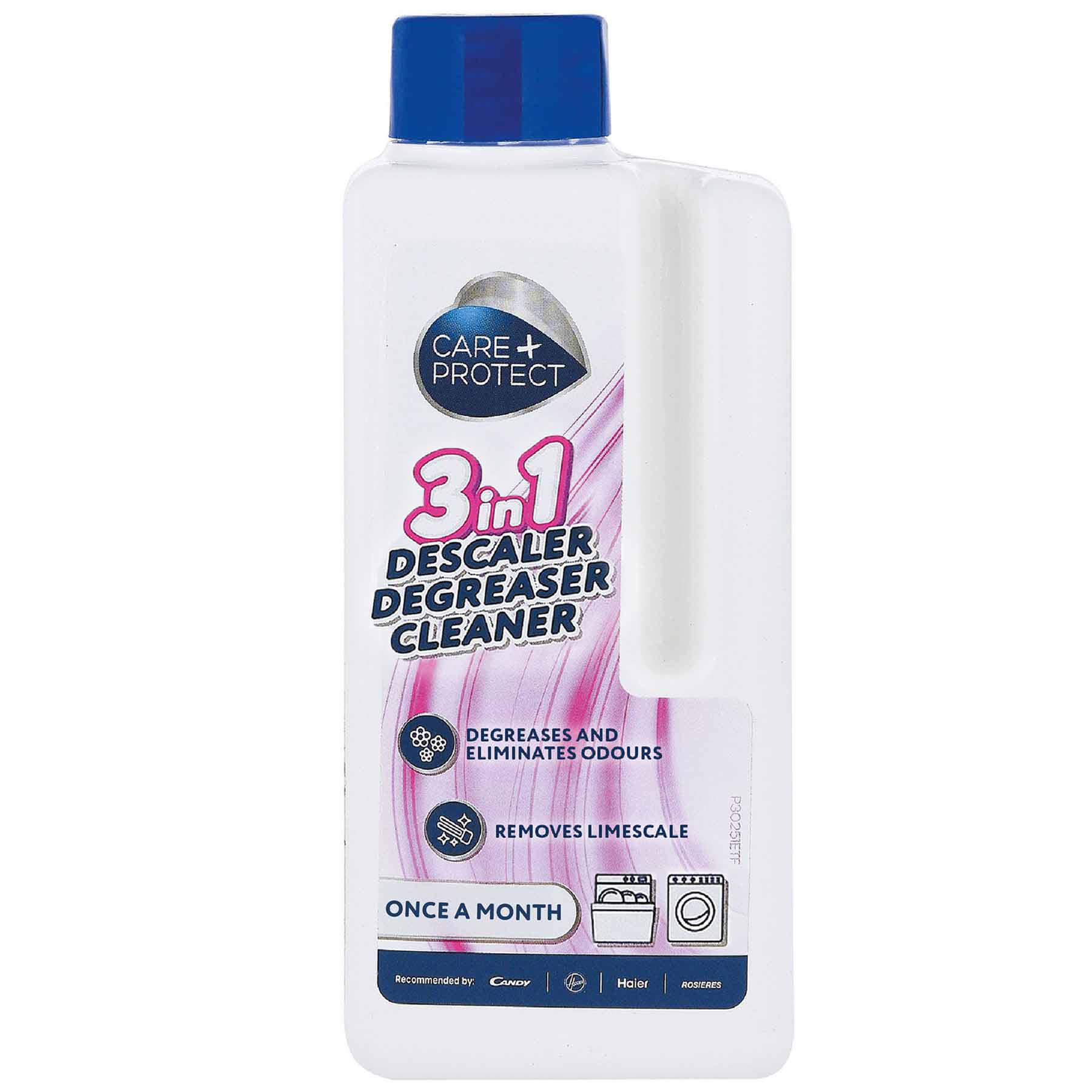

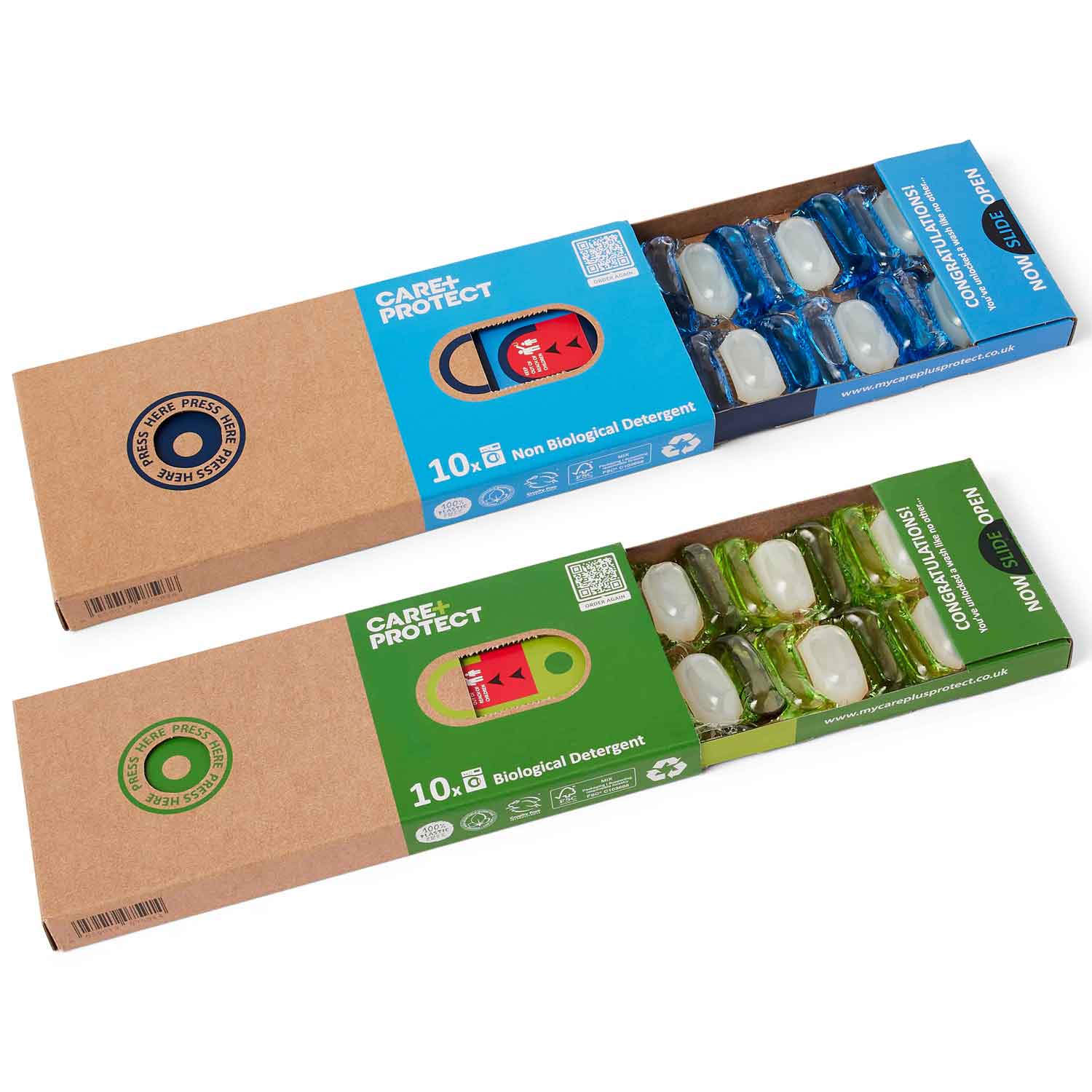
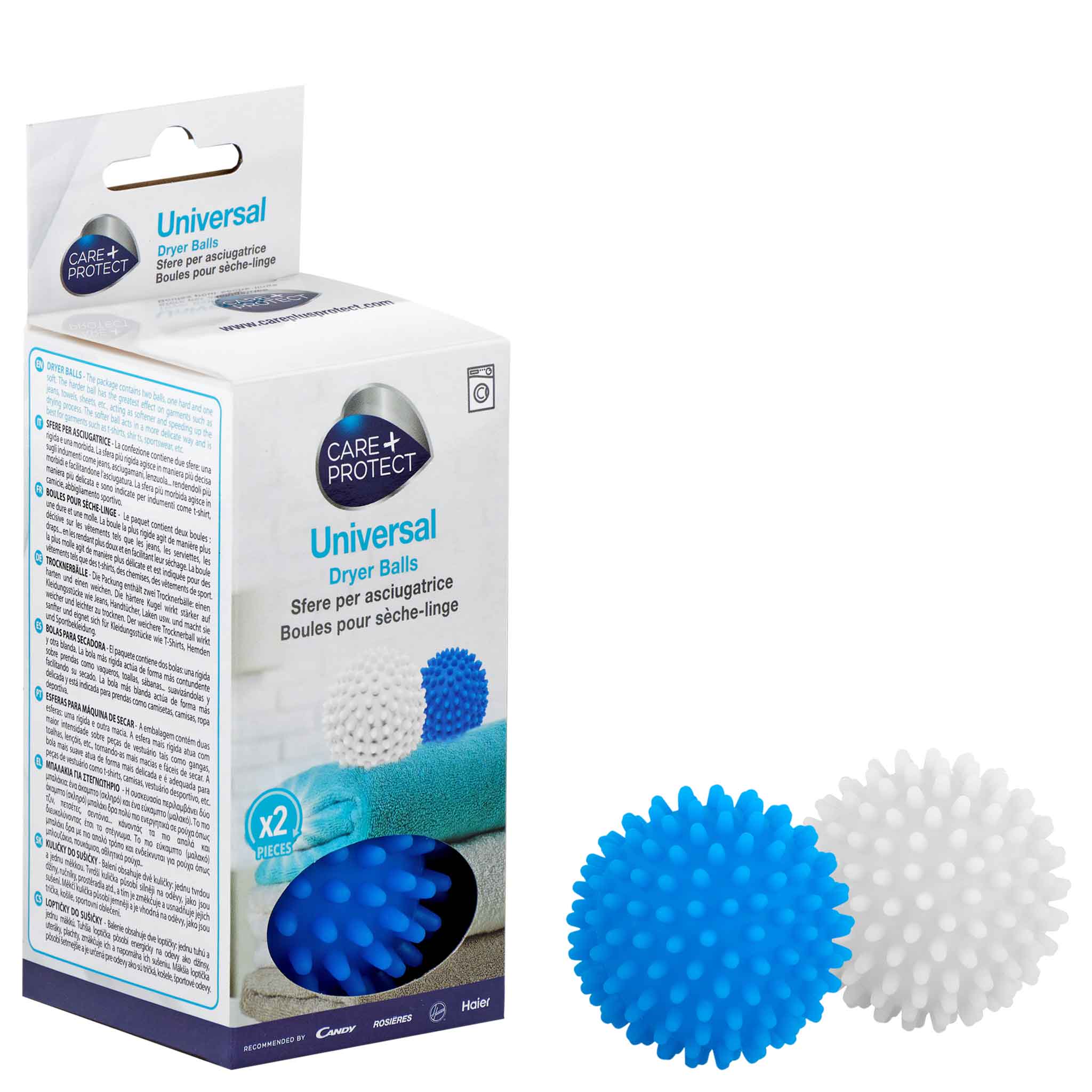
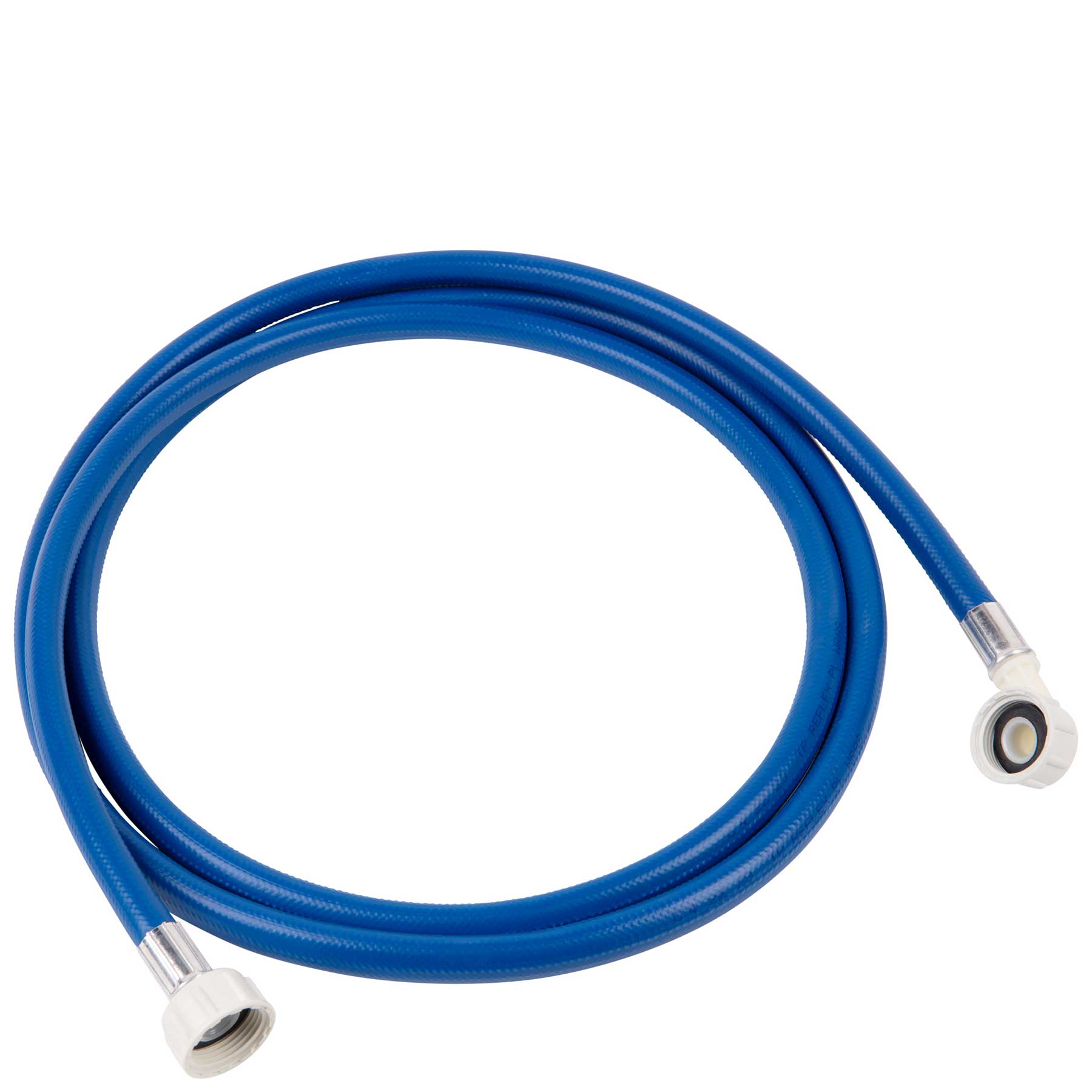
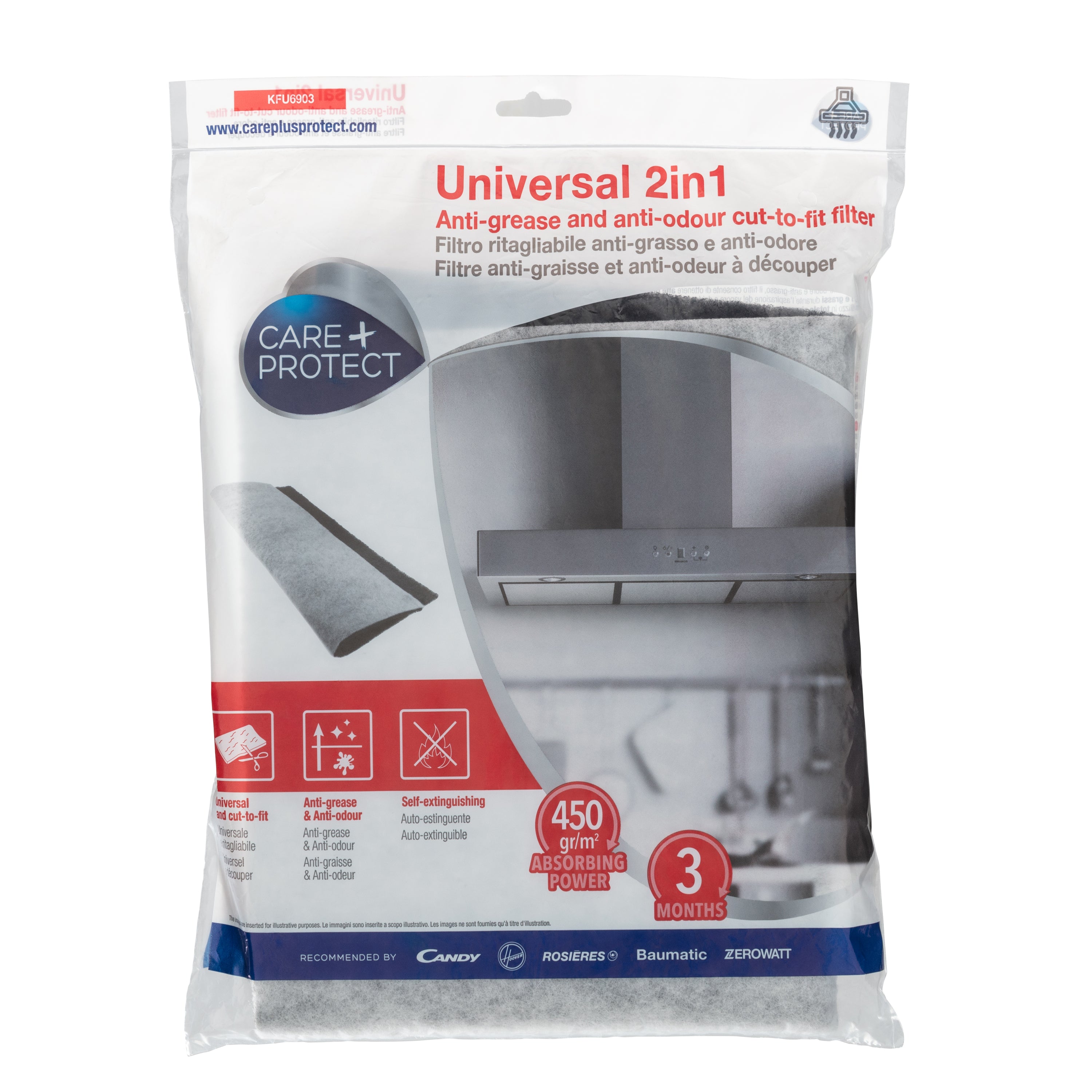
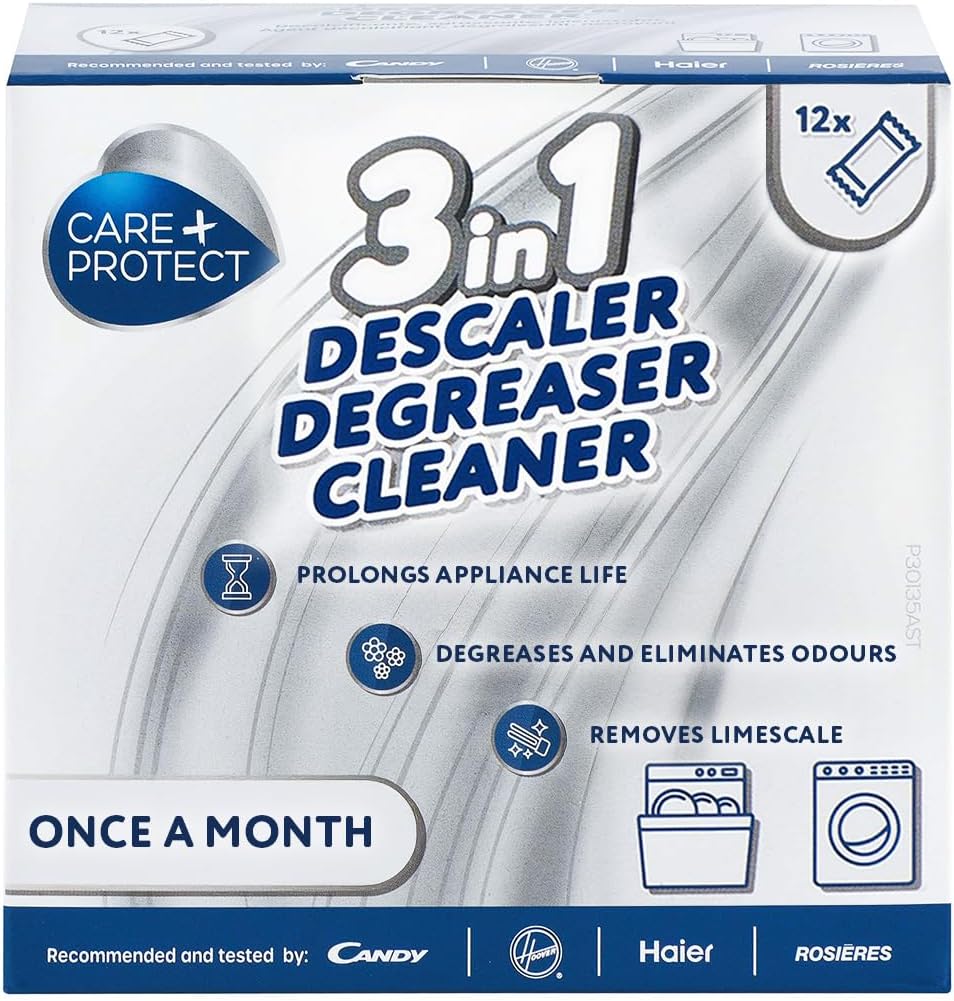
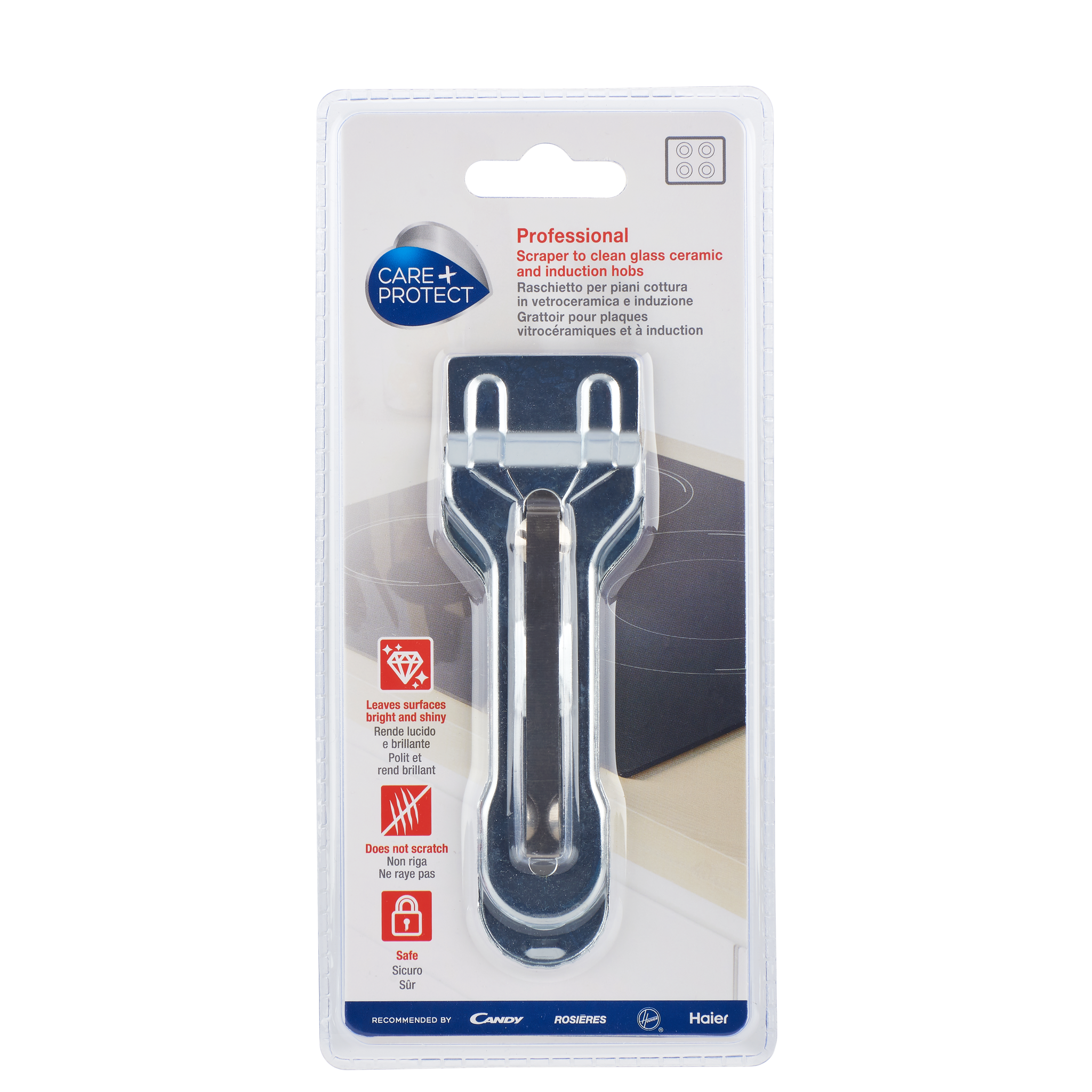
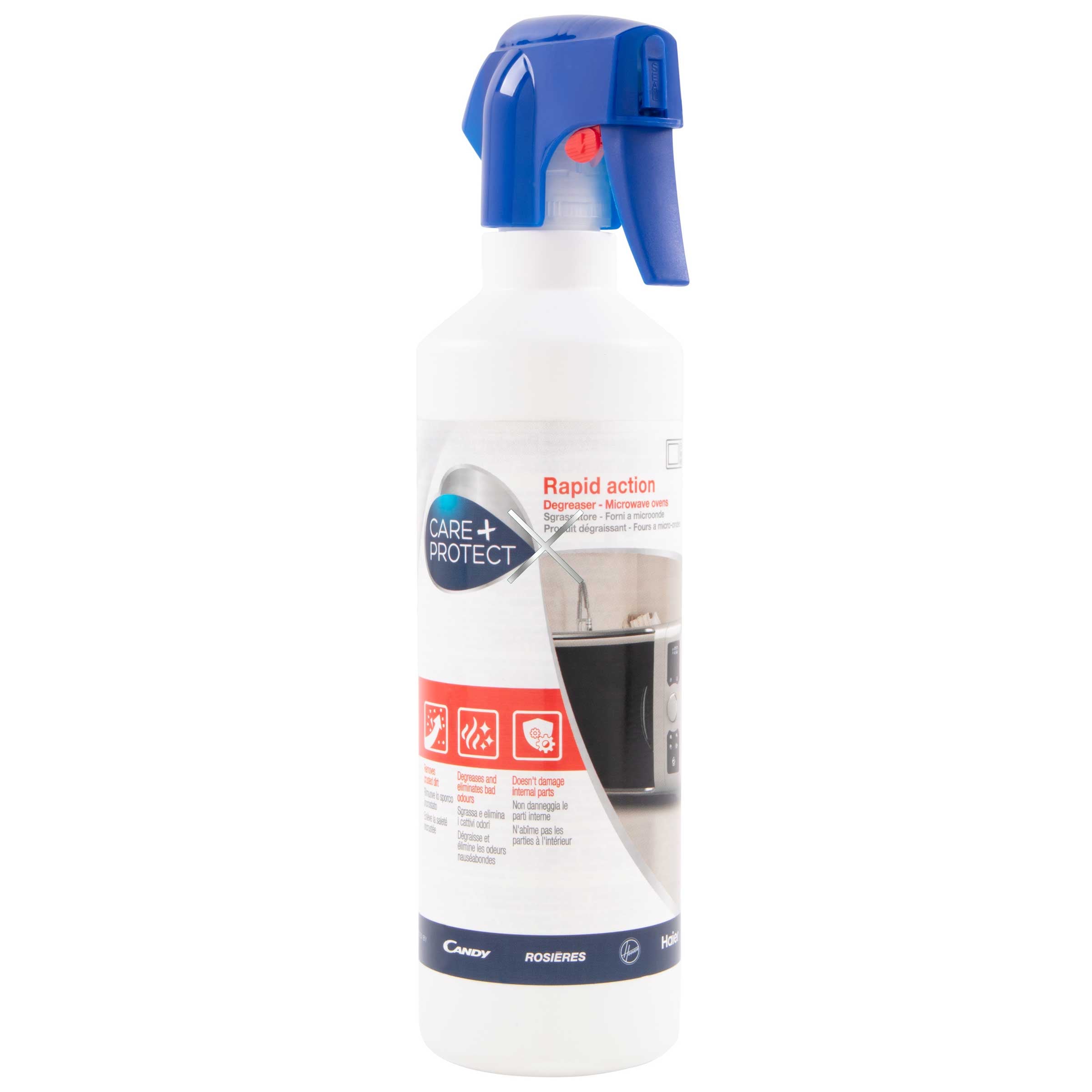
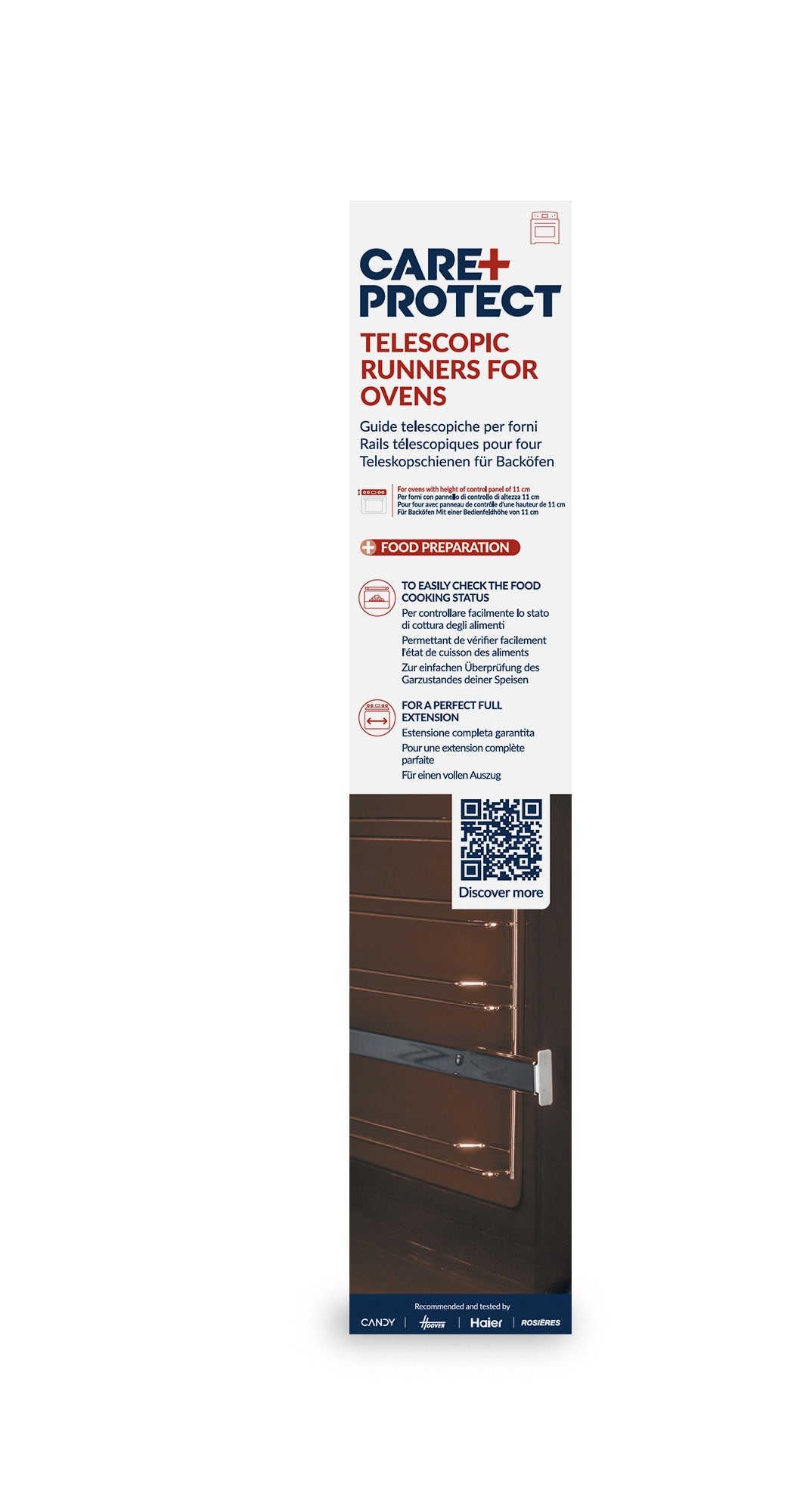
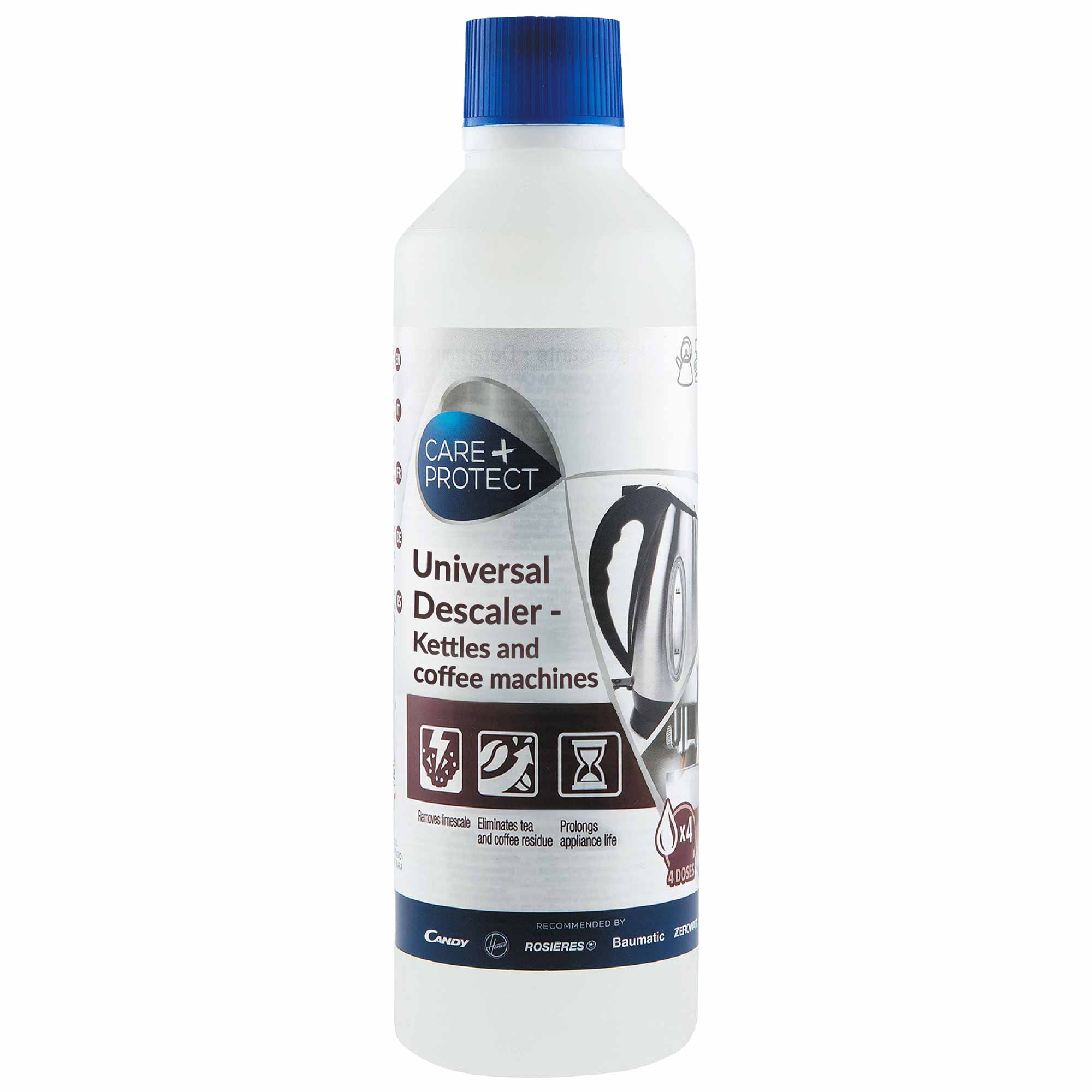
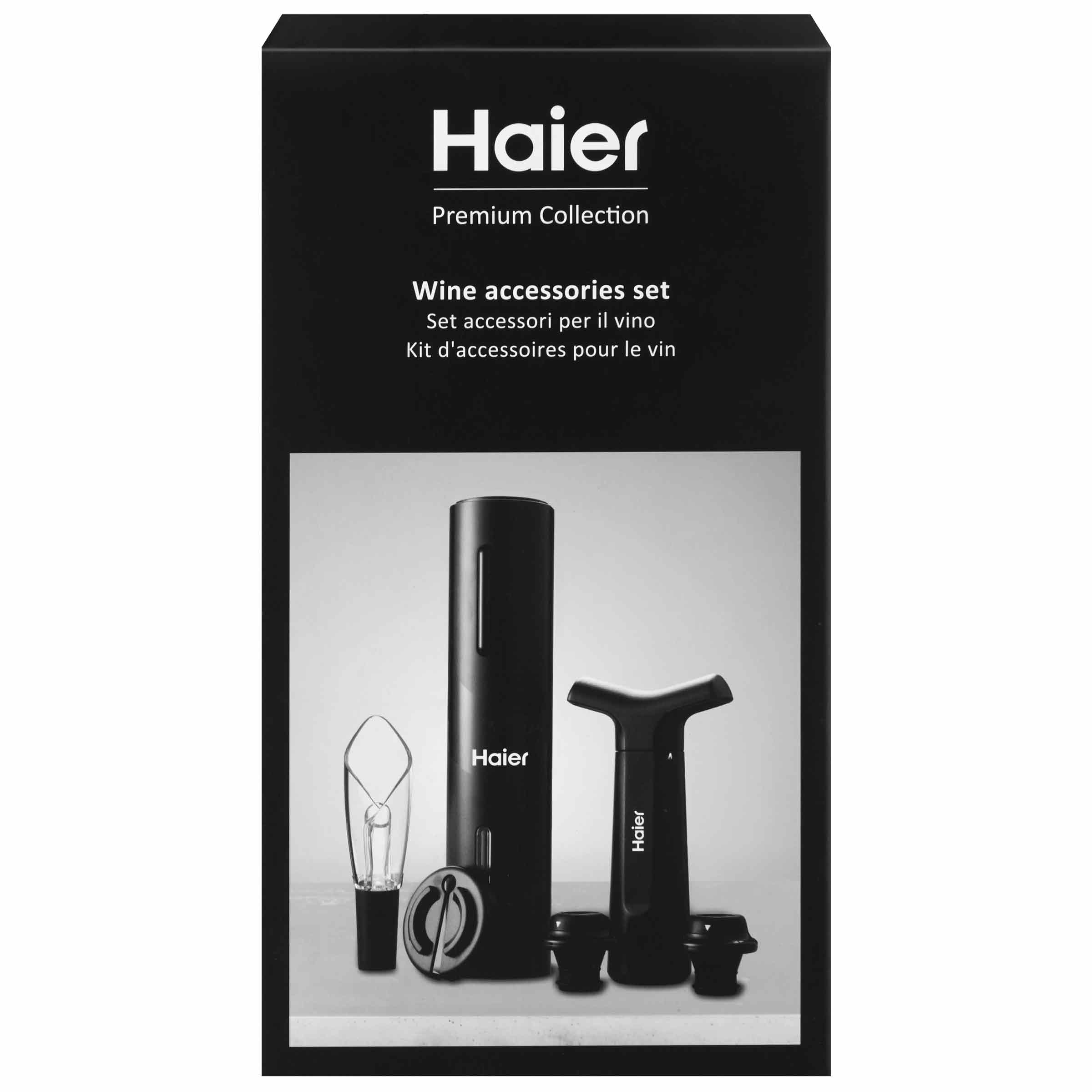
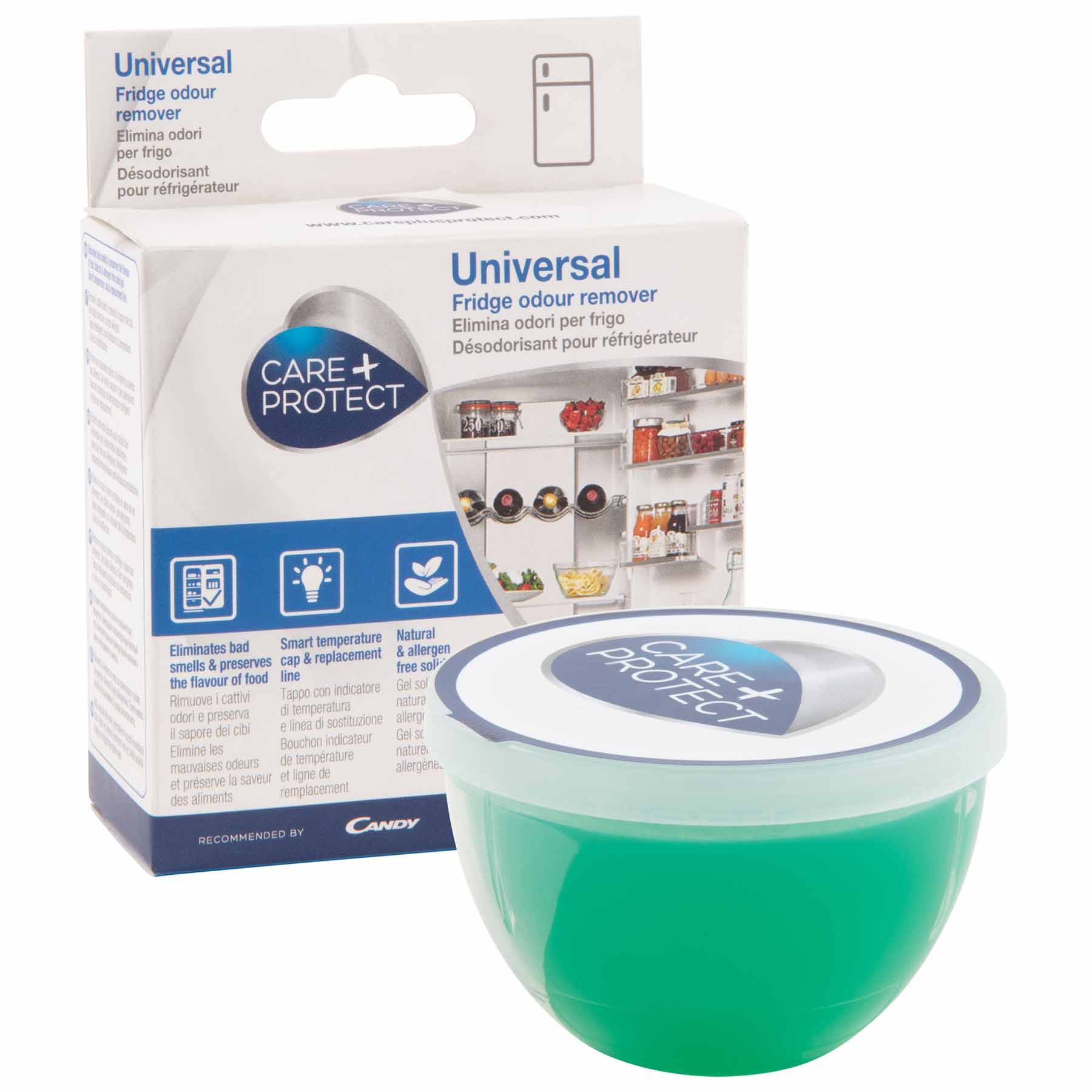
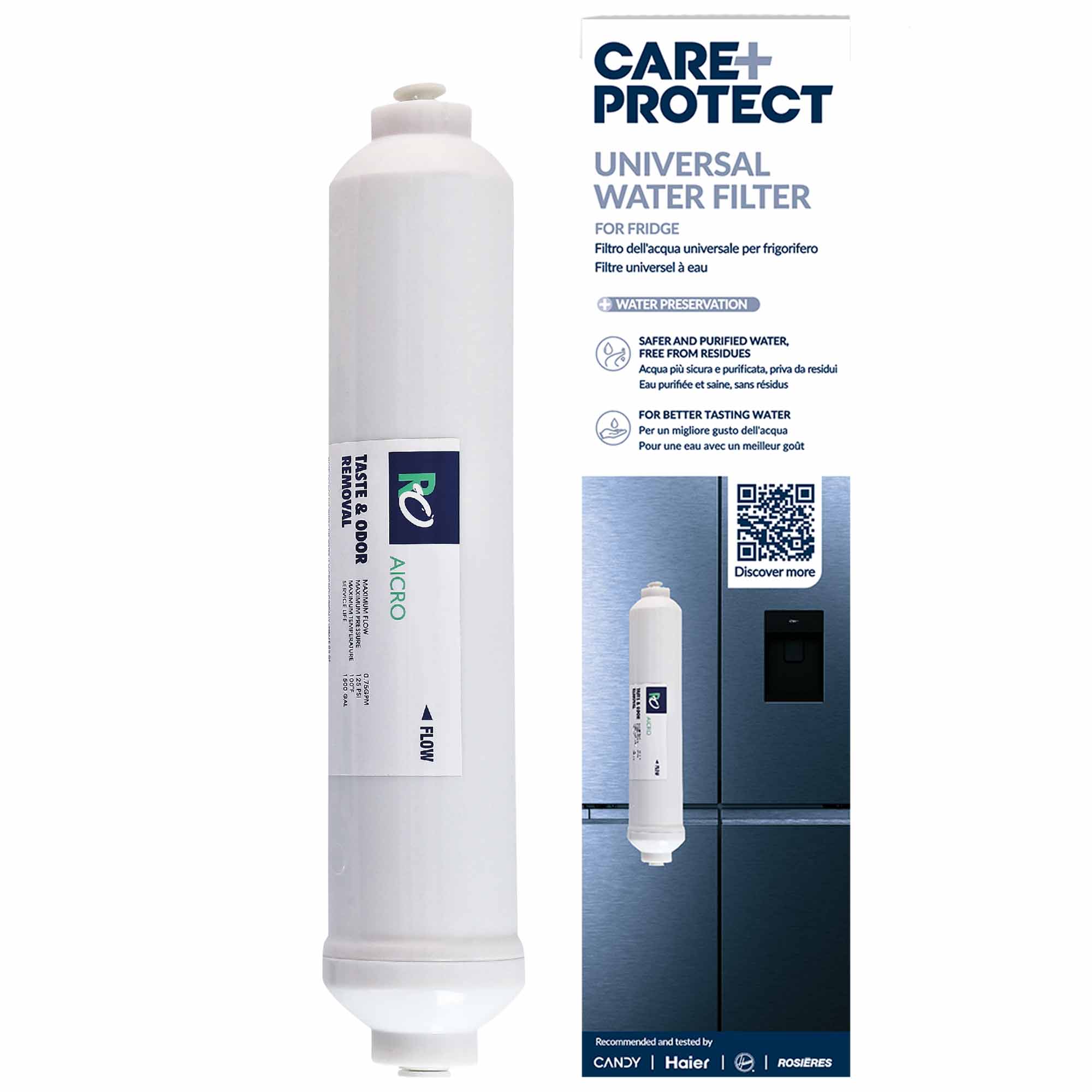
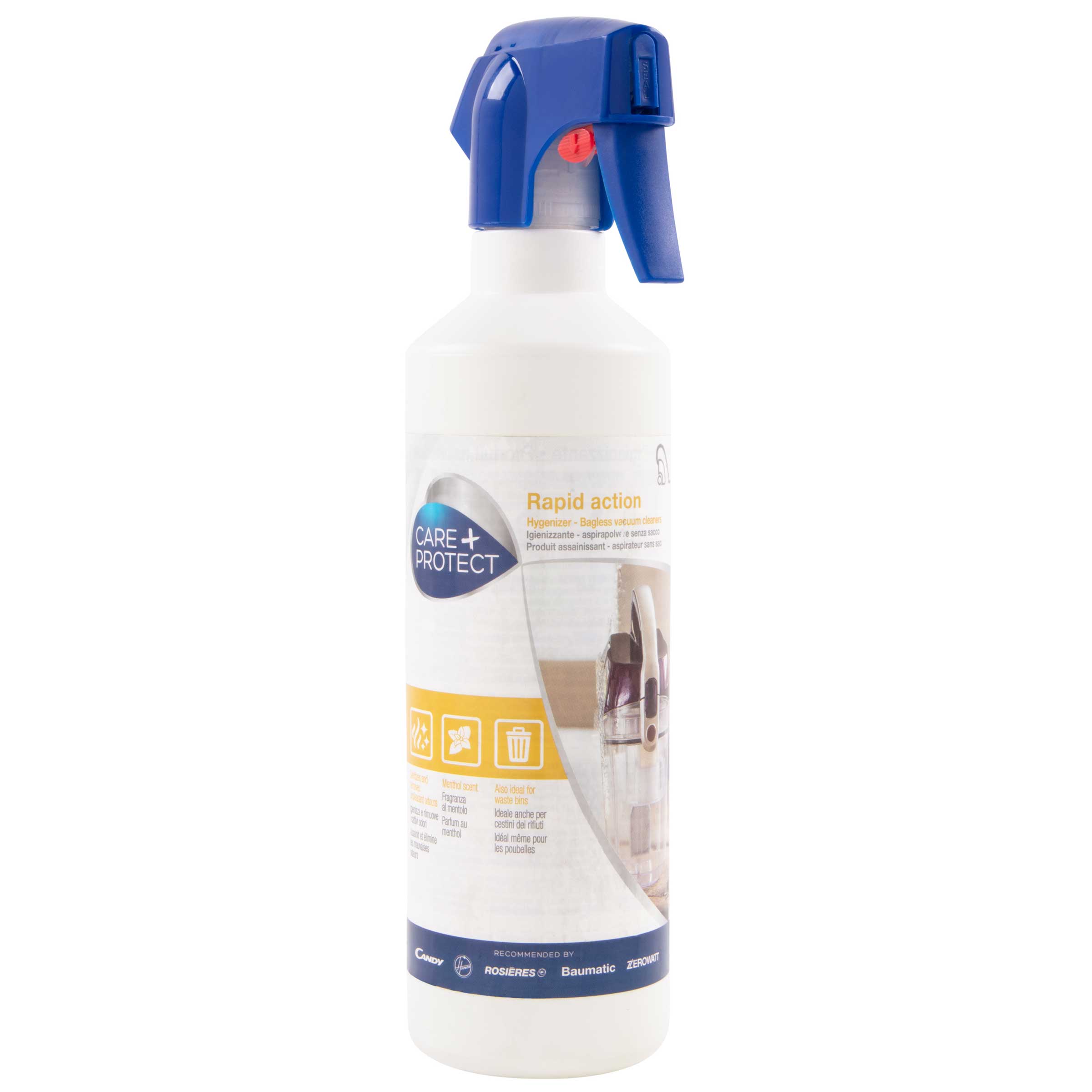
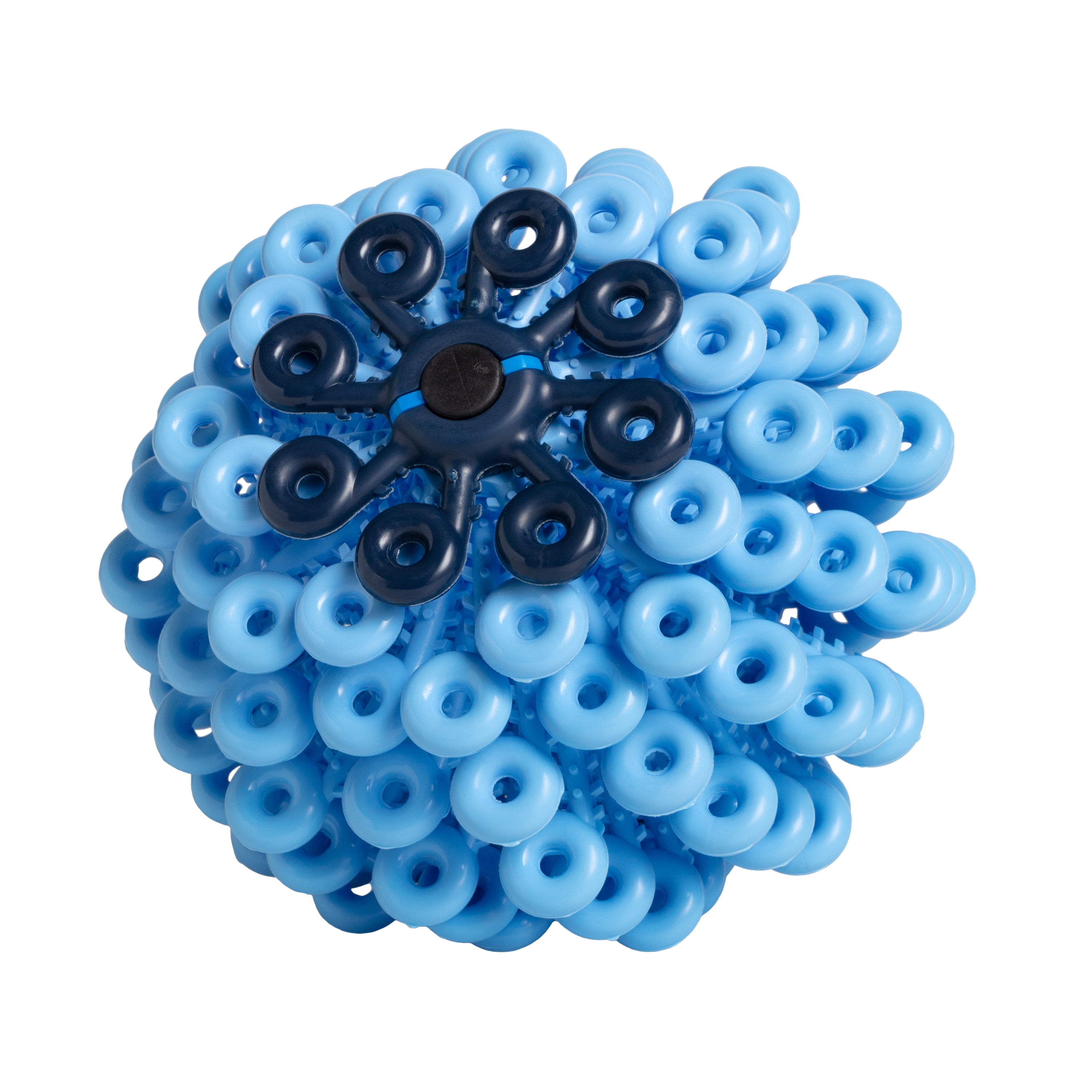
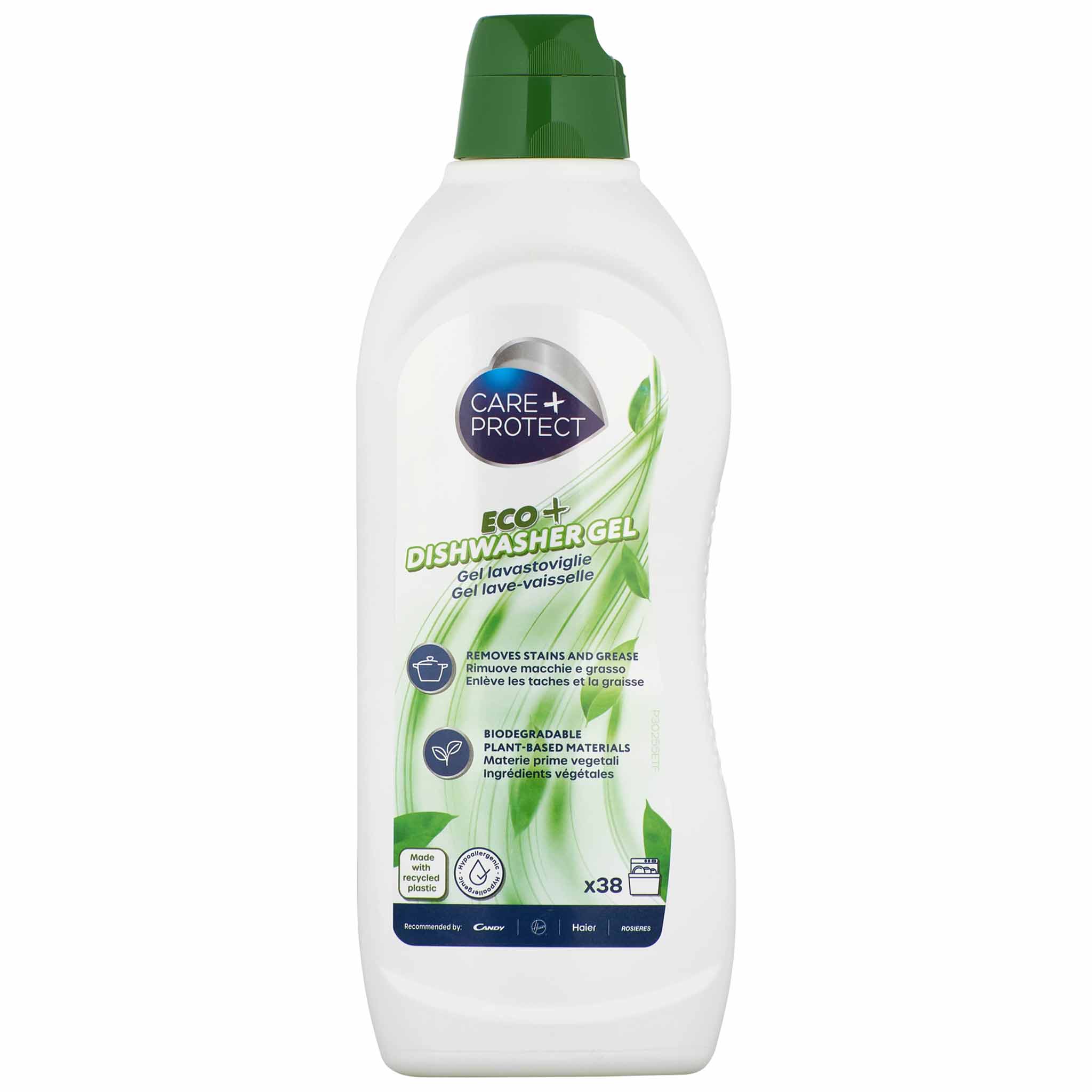
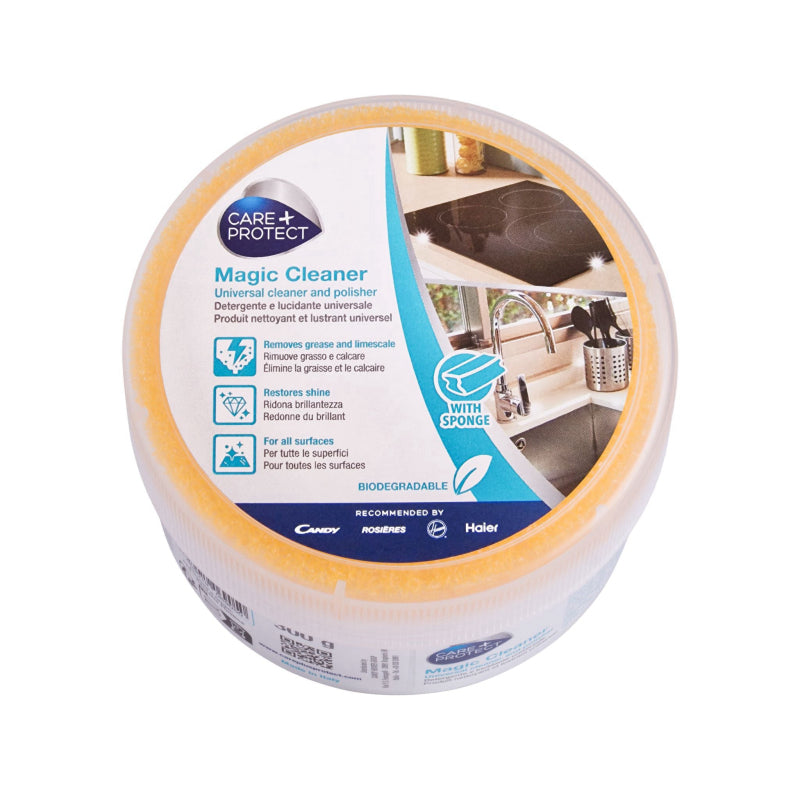


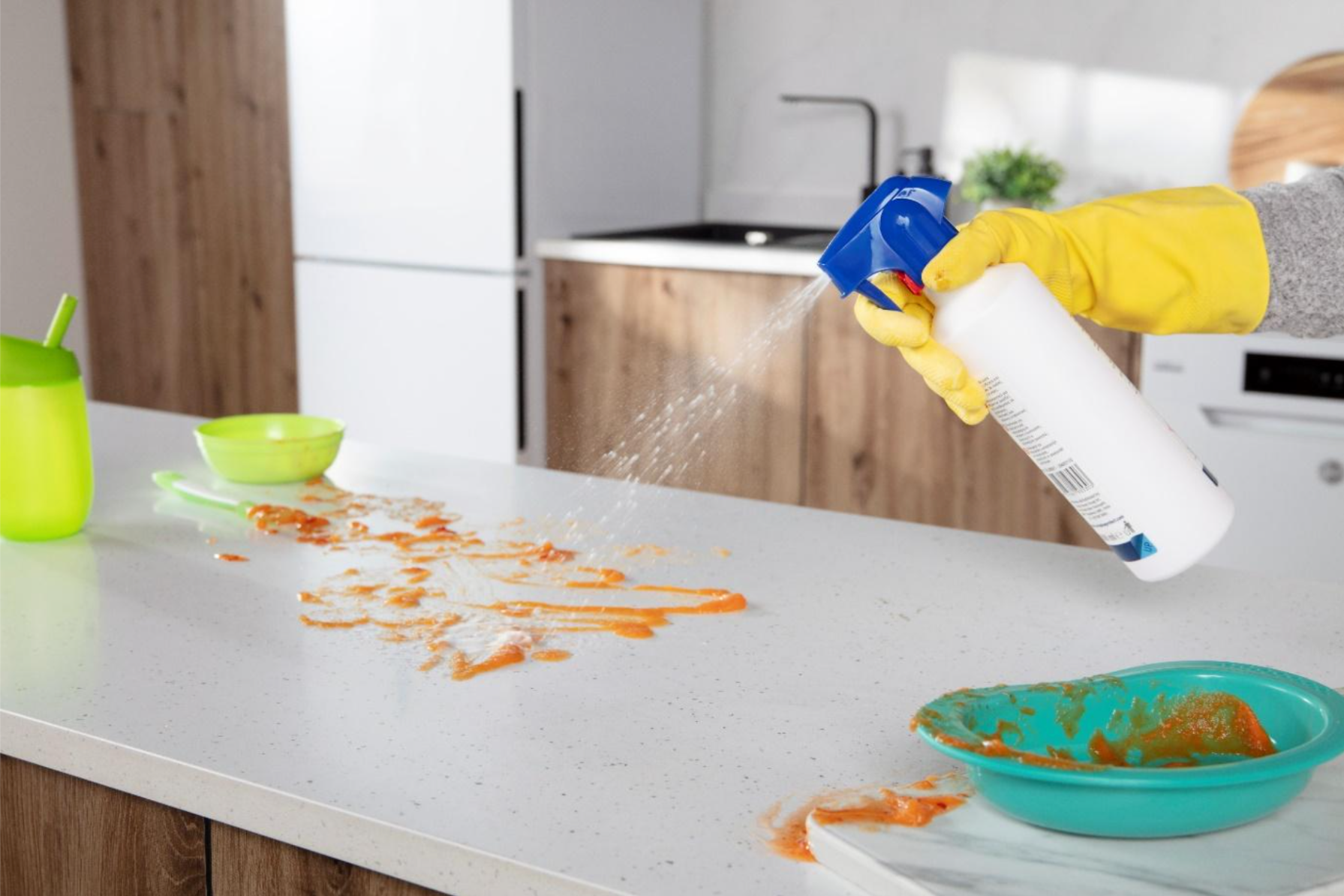
Leave a comment